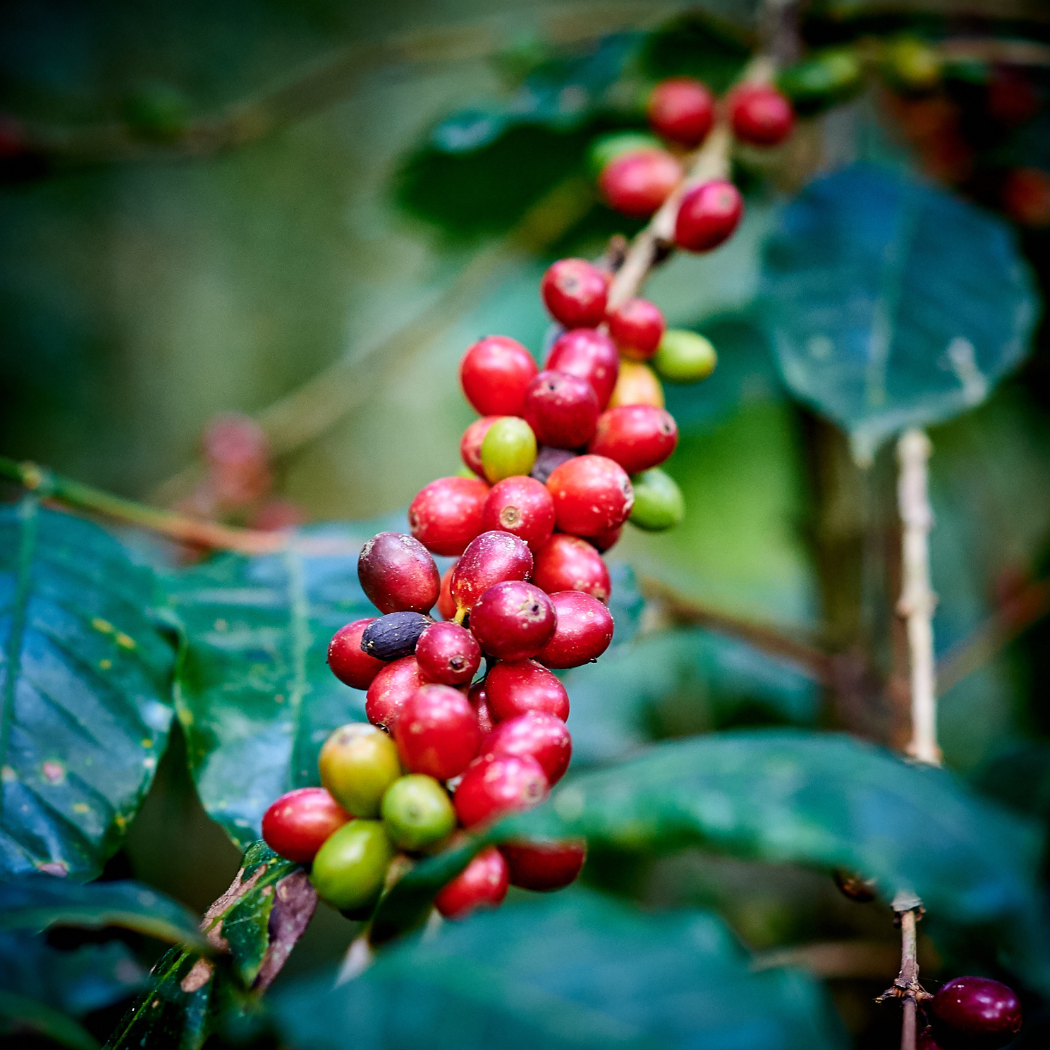Alchemist Coffee Lab
Ethiopia Guji
Ethiopia Guji
- Weight: 8oz
- Notes: honey, pear, lemon/lime
- Producer: Buku Sayisa
- Process: Washed
- Roast Level: Medium-Light
- Region: Guji
- Variety: Dago, Kurame, Wolisho
- Species: Arabica
- MASL: 1,900-2,200
Ethiopian Green Coffee | Benti Neka Washed
This bright Ethiopian green coffee from Benti Neka is rare in being certified organic. While most Ethiopian farmers naturally practice organic farming, few pursue the formal certification process.
Benti Neka, situated in West Guji, is a washing station specializing in washed coffee. Ripe, sorted cherries from farms at elevations of 1,900 to 2,200 masl are pulped in a disc pulper and fermented in cement tanks for 36 to 48 hours to remove mucilage. The pulped coffee is dried for seven to nine days. Once the parchment coffee reaches a moisture content of 10-12%, it is stored in labeled conditioning bins until ready for the dry mill.
Washed processing is widely popular as it allows the terroir of the coffee to shine through. This method highlights the growing conditions, region, and true character of the coffee. At Benti Neka, producers achieve a clean, bright cup profile like this Ethiopian coffee with notes of honey, lemon & lime, and pear, and a tea-like character in its light body.
Traceability is a key focus at Benti Neka, where a voucher system is used to track each coffee lot throughout the production chain. This system ensures that every step, from the receiving station to the drying stage, is documented, tying the coffee back to the farmers who produced it.
Couldn't load pickup availability
Share


